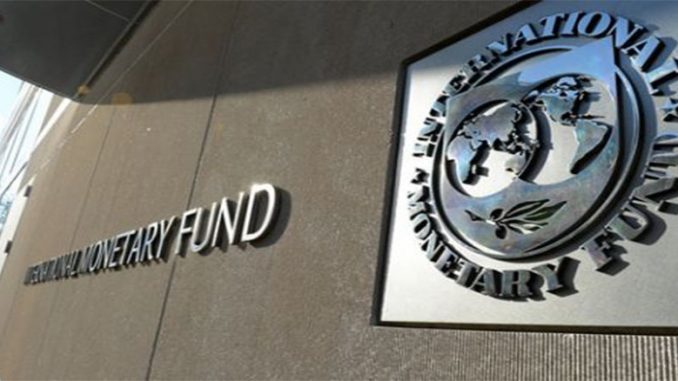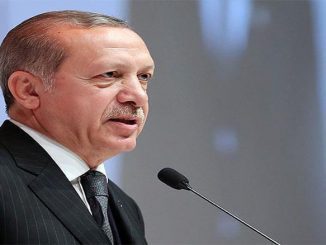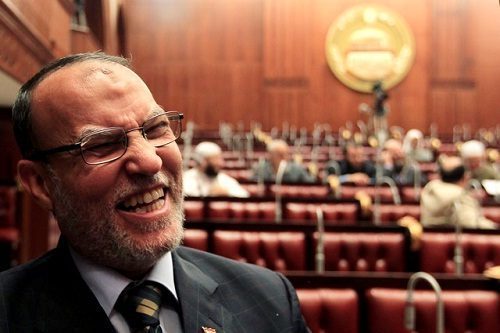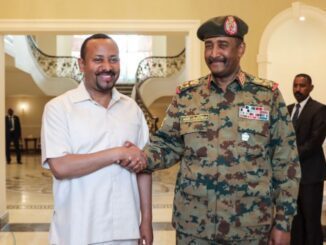
The International Monetary Fund on Monday said its executive board approved $2.77 billion in emergency financing to help Egypt grapple with the new coronavirus pandemic that has brought tourism to a standstill and triggered major capital flight. However, Yehia Hamed, the former Egyptian Investment Minister, warned that this emergency coronavirus aid, like previous loans, will inflict great harm on the country’s poor.
The IMF said it remained closely engaged with the Egyptian government and the Central Bank of Egypt, and stood ready to provide further support as needed.
IMF First Deputy Managing Director Geoffrey Okamoto said Egypt would need “additional expeditious support” from multilateral and bilateral creditors to close its remaining balance of payments gap, ease the adjustment burden, and preserve Egypt’s hard-won macroeconomic stability.
Egypt’s Health Ministry reported 346 new cases of the novel coronavirus on Monday, bringing the total number of confirmed cases to 9,746, including 533 deaths. The outbreak has led to the shutdown of Egypt’s tourism sector, a key source of foreign revenue, and threatens income from the Suez Canal and remittances from Egyptian workers based abroad. Egypt’s foreign reserves have fallen to $37 billion from more than $45.5 billion at the end of February.
The IMF said the new funds would help Egyptian authorities continue spending on health, social protection, and supporting the most impacted sectors and vulnerable groups while limiting the decline in international reserves, Okamoto said. As the crisis abated, it would be important for Egypt to resume measures to lower its debt level and continue the implementation of structural reforms, he said.
Yehia Hamed, Former Investment Minister of Egypt slams the IMF loan as a ‘political decision to support Sisi’
However, Egyptian former investment minister Yehia Hamed has warned that the $2.77bn IMF loan will deepen austerity and inflict great harm on the country’s poor, as Egypt struggles amid the coronavirus pandemic.
Yehia Hamed, the country’s former investment minister, lambasted the whole deal, saying it was simply giving “more oxygen to a crumbling regime”.
Egypt’s main sources of foreign currency – tourism, remittances sent home from workers abroad, and Suez Canal revenues – have all dropped sharply during the start of a global lockdown in travel and trade.
And with nearly a third of all Egyptians living below the poverty line, Hamed noted that previous loans distributed to Cairo from 2016 to 2019 resulted in 60 percent of the population suffering from poverty.
“The message of the IMF is clearer than ever, there’s a political decision to support Abdel Fattah al-Sisi, regardless of his senseless ruling and his dramatic human rights record,” Hamed told the London-based Middle East Eye.
“This [deal] goes straight against the will of Egyptians.”
Egypt, which also received an IMF loan in 2016, faces a deep economic downturn as a result of the pandemic.
The country’s foreign reserves have fallen from more than $45.5bn to $37bn, and the Purchasing Managers Index, a measure of the business environment, has fallen from 44.2 in March to a historic low of 29.7 in April.
Hamed said that previous IMF loans had done nothing but simply give “more control of the economy to the military generals”.
“Zero checks and balances, a very negative impact on normal Egyptians’ daily lives who have to endure more taxes, removal of subsidy without any social safety net,” Hamed said.



